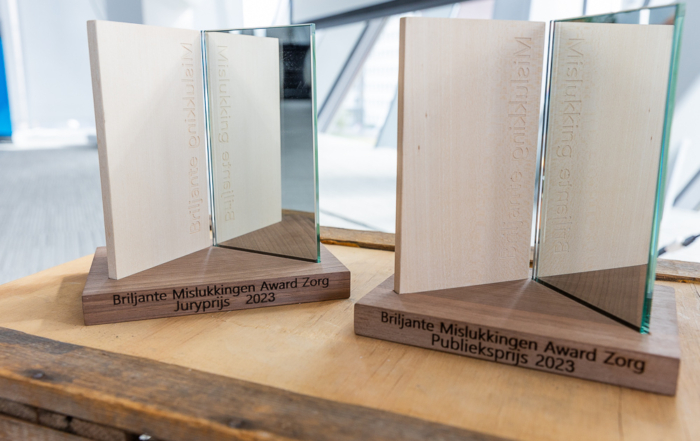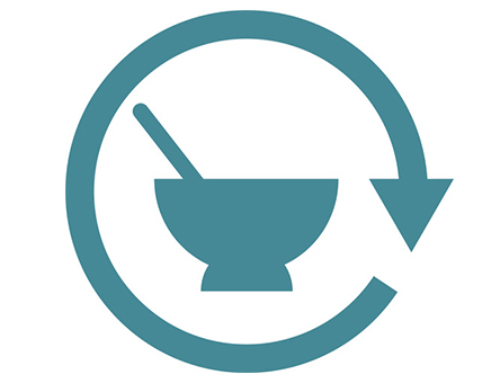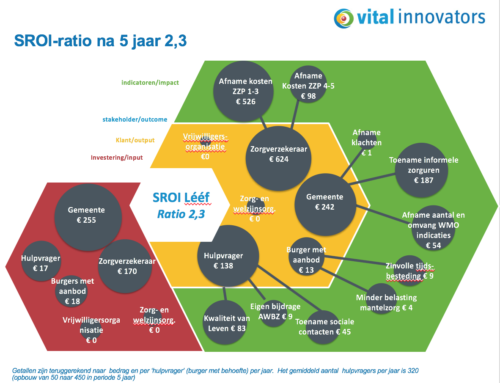The intention
False-positive results regularly occur in the Dutch breast cancer screening programme. These are women who are referred for a full and extensive hospital examination based on a possible finding on the screening mammogram, but who are subsequently found not to have breast cancer.. It turns out that in more than half of all referrals, only an extra photo or ultrasound is needed to reassure the women. The intention of this study was therefore to scientifically substantiate a fast, non invasive, additional research in the screening program. With this we hoped to be able to reduce the number of false-positive results and thus higher costs, angst, and reduce waiting times in hospitals.
The approach and results
An important bottleneck of the study turned out to be the testing of the multi-centre research design at the Medical Ethical Review Committees. (This made the approach sound and MijnEigenOnderzoek provides the intended proof-of-concept for a safe way of conducting research with interventions that patients choose and monitor themselves.). The Boards of Directors of local hospitals and diagnostic centers have each asked their own MREC for advice on local feasibility. This means that a file with all documents must be submitted, a meeting needs to be scheduled, agreement must be reached, etc. With lead times of 3-52 weeks (average 17) this has proved to be a time consuming affair causing significant delays. Recruiting clients was also time-consuming: At the request of the METC, we had to inform the doctor first, then the clients, they had to be there 24 think about it for hours, then commit, and only then were we allowed to randomize and schedule them for research. The client was not allowed to be delayed in this.
The lessons
Asking permissions takes too much time, despite efforts to simplify and speed up the procedure. The METC procedure must be set up in a different way, so that research can be carried out more quickly (within the stipulated period of subsidy processes). a rural, multi-centre study therefore seems inadvisable at the moment.
Author: Janine Timmers, Dutch Reference Centre for Screening
OTHER BRILLIANT FAILURES
Who finances lifestyle in cardiac rehabilitation?
Beware of the chicken-egg problem. When parties are excited, but first ask for proof, check carefully whether you have the means to provide that burden of proof. And projects aimed at prevention are always difficult, [...]
Brilliant Failure Award Healthcare – 20 to stop coming up with new advice 2024
Wednesday 20 In November, the Brilliant Failure Awards for Healthcare will be organized for the tenth time by the Institute for Brilliant Failures.
Brilliant Failure Award Healthcare – 20 to stop coming up with new advice 2024
Wednesday 20 In November, the Brilliant Failure Awards for Healthcare will be organized for the tenth time by the Institute for Brilliant Failures.











